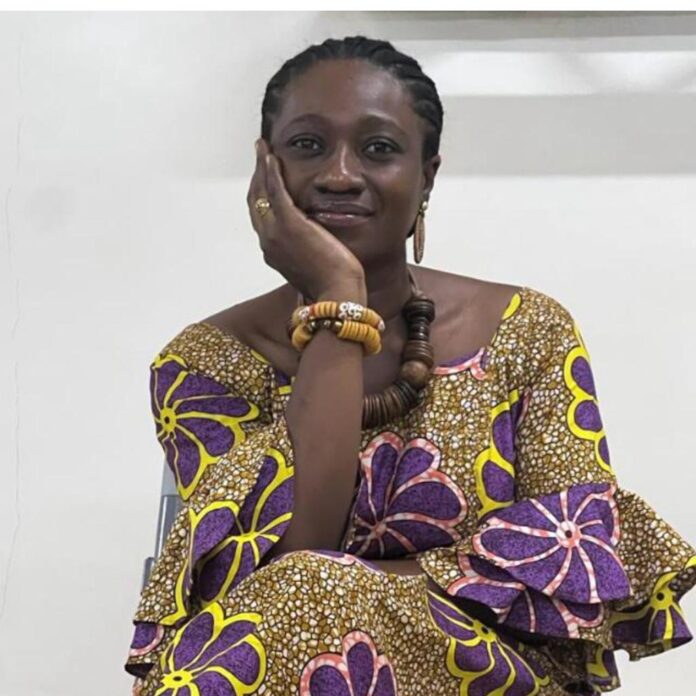
World Child Cancer, a not for profit health oriented organization, has warned that the lives of several children suffering cancers in Ghana hang in a balance as parents abandon treatment and resort to herbalists and spiritual healers.
The organization is worried the rate of survival among children suffering cancers in less developed countries like Ghana consequently remains low, when compared with rates in countries with developed health systems.
“When we look at high income countries, survival rates of childhood cancers is about 80 to 90 percent. But when it comes to low income countries, like Ghana, the survival rate is hovering between 40 to 60 percent,” Country Coordinator Adwoa Pinamang Boateng Desu told reporters.
The organization which works with a number of pediatric oncology departments of referral hospitals and shared care facilities points out that the situation is exacerbated by families seeking alternative treatments which end up worsening the plight of the affected children.
“Aside late referrals, abandonment rate is impacting negatively on the work we do. When they start with progressive treatment, they stop and go to the herbal doctors, prayer camps and spiritualists. We recommend that even if they want to seek spiritual help, they should allow the clinicians to continue our work,” Adwoa advised.
The issues came to light when the Ghana Health Service in collaboration with the World Child Cancer and partners held a day’s training to build the capacities of frontline medical workers on the warning signals and symptoms that should immediately prompt a full investigation of cancers in children.
Adwoa Pinamang Boateng Desu partly attributed the high rate of late detection of cancers to late referrals from health staff who have little knowledge about how such childhood cancers manifest in children.
“This training has become necessary because most often than not, the cases that come to our referral centers, come quite late. Statistics lets us know that when these cases come in late, cure is less likely.”
We are embarking on this training to equip clinicians specifically physician assistants, community health nurses, health promotion officers and others to provide them with the necessary knowledge and skills to be able to detect these cases early and refer appropriately,” she explained.
The Ashanti Regional Director of the Ghana Health Service Dr Emmanuel Tenkorang emphasized the need for medics at the frontlines of child care to be properly trained to identify and quickly refer childhood cancers to specialists for prompt diagnosis and commencement of treatment.
“Childhood cancers are common and bizarre. Sometimes it is complex to separate the diagnosis. We are therefore saying that for all difficult cases, anemias and infections, we should be minded of childhood cancers.”
Refer any difficulties to pediatricians to do a thorough assessment. If it is a childhood cancer, it will be referred to an oncologist for management,” he directed
Dr Tenkorang further commended the Health Service and the National Health Insurance Authority for heeding advocacy to include some four childhood cancers under diseases fully insured in Ghana.
He was optimistic this will reduce the financial barriers and improve access to healthcare for children with cancers especially among low income families who find the cost of treatment, prohibitive.
The training was graced by the Ashanti Regional Non-Communicable Diseases coordinator for the Ghana Health Service Lydia Owusu Ansah whose outfit has prioritized cancers as part of an overall agenda to improve health outcomes, encourage healthy lifestyles and reduce the rate of NCD related deaths.
In Ghana, about 1200 children under the age of 15 are estimated to develop cancer annually.
The country has succeeded in insuring four childhood cancers comprising Acute Lymphoblastic Leukemia, Burkitt Lymphoma, Retinoblastoma, and Wilms Tumor under the National Health Insurance Scheme.
Source: Ghana/Starrfm.com.gh/103.5FM/Ivan Heathcote – Fumador

